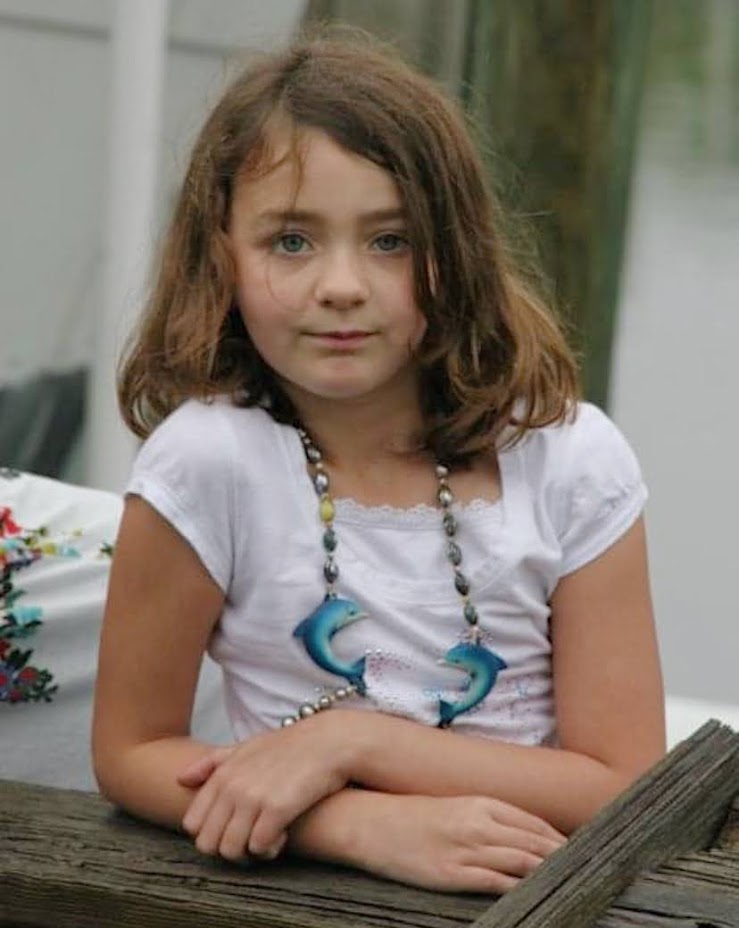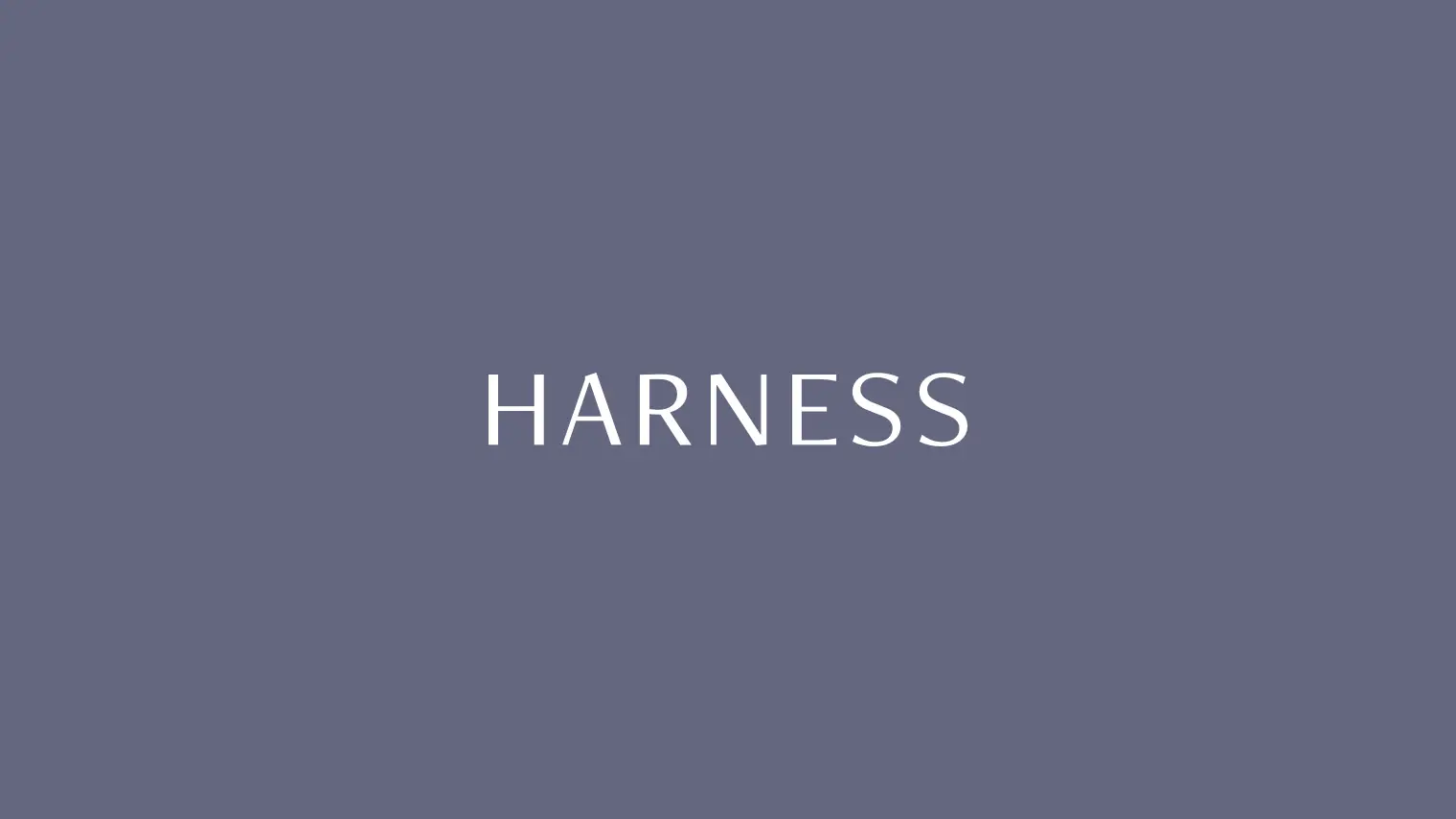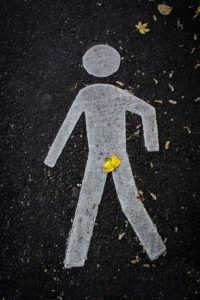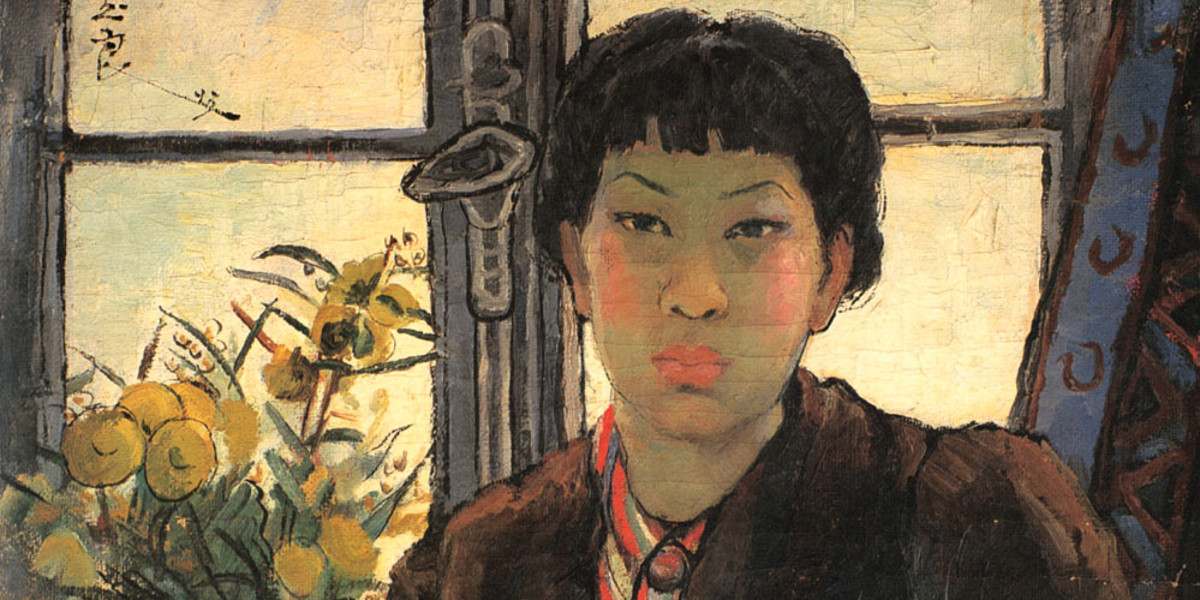Morgan Brady’s journey with her debut poetry collection, I Let Her Speak, is nothing short of transformative. Born from years of hardship and profound personal struggle, her book is a testament to the healing power of writing. After enduring abuse and emotional turmoil, Morgan found solace and strength through her pen, channeling her pain into poignant verses that speak to the heart of trauma and recovery. I Let Her Speak isn’t just a collection of poems; it is a courageous exploration of suffering, resilience, and the ultimate triumph of finding one’s voice amidst the darkness. Morgan’s story is a powerful reminder that even in our deepest struggles, our creativity can become a beacon of hope and empowerment, inspiring others to embrace their own journeys of healing.

- What inspired you to write “I Let Her Speak,” and how did your personal experiences shape the content of the book?
I had been writing for as long as I could remember. After years of abuse at the hands of my father, I was pushed to the brink and was forced to cut contact with him in order to protect myself, my friends, and my family. When this finally happened, I didn’t know what else to do; all I knew how to do was write. So, that’s what I did.
I Let Her Speak was inspired by those experiences with my father and with my mental health in general. The poems you see in the first chapter, She Speaks, were poems written when I was truly in the darkness regarding my mental health. The second chapter, I Listened, was crafted much later, after several years of therapy and separation. Pairing the two together created a poetry collection that I felt needed to be heard by more than just myself.
- How did surviving domestic violence and childhood trauma influence your approach to writing poetry?
My approach to writing poetry has certainly been shaped by my experiences with domestic violence. I think I tend to view most things through the lens of the oppressed; I have great sympathy for people undergoing intense struggle, as I understand the emotions that come with it. I believe a lot of my writing centers around giving the people who are often stepped on a platform to step up.
- Can you describe the emotional journey you went through while writing this collection?
Oh man, the emotional journey that came with writing I Let Her Speak was something else. I went through the five stages of grief writing this poetry collection. I had moments of true sorrow, anger, and even straight up fear. When I came out on the other side of therapy and finally found myself capable of writing poems about joy, it felt like breathing for the first time. I had never really written poetry about being happy, perhaps because I hadn’t been able to fully understand it. This poetry collection took me through just about every emotion you can have, and I think that’s something that survivors of domestic violence will truly resonate with.
- In what ways did writing this book help you in your healing process?

Writing I Let Her Speak allowed me to let go. I did so many things to heal from my childhood trauma, but nothing helped quite as much as writing this book did. I became capable of taking a step outside of myself and began to truly realize that, if I was someone else, I would never blame them for what had happened. In this way, I was able to stop blaming myself for someone else’s actions.
- How do you manage the emotional toll of revisiting such painful experiences through your writing?
When writing a book as emotional as I Let Her Speak, you have to take care of yourself. This book was hard to write. Revisiting those experiences was straining, but I’m glad I did it. I would take a lot of time in between bouts of writing to just allow myself to process. During those hiatuses where I let myself breathe, I would remind myself of one very important thing: I am turning my pain into power. That thought is what kept me returning to the book time and time again.
- What strategies did you use to keep your writing process both therapeutic for yourself and impactful for your readers?
In order to keep the writing process therapeutic for myself and impactful for readers, I wrote the book in two parts. First, I wrote the book just how it was. My feelings, my thoughts, and my opinions, as specific as I desired them to be. Then, when I came to the conclusion that I really did want to publish this book, I went back through and revised poems to make them slightly more generalized, thinking about the people who would be reading the poems this time around. For anyone who is in a similar situation, I can say this: revision is tedious, but it is your best friend when it comes to crafting impactful work.

- How do you handle moments of self-doubt or emotional overwhelm while working on your creative projects?
There were many times where I had self-doubt and overwhelming feelings writing this book. I couldn’t tell you the number of times I asked myself, “Should I be doing this? Am I sharing too much?”
But then I realized what I was writing: A book motivating people to speak their truths about their most terrifying experiences. How could I expect anyone to feel inspired to stand with me if I would not stand myself? Once I recognized the hypocrisy in it – that I had been taught not to stand up for myself all my life and was debating standing down out of fear – I cast those doubts away from me. I could not help anyone at all if I was silent.
In a strange way, it was the people who have not yet held this book in their hands that motivated me to keep writing despite my doubts.
- What advice would you offer to other women who are using writing as a means of processing trauma?
The best advice I can offer women who are writing in order to process trauma is this: Don’t stop.
If the writing is just for you, if it’s private and you have no intention of sharing it, keep writing anyways. It will help you heal.
If you plan on sharing your work, don’t stop because of doubts. I didn’t know what I was doing when I first started writing I Let Her Speak. Self-doubt is your worst enemy and the easiest way to banish it is to keep going in spite of it.
- How did you ensure that your work validates the feelings of your readers while also helping them navigate their own emotions?
By separating the book into two chapters, I feel that I Let Her Speak easily allows readers to validate their own feelings while also helping them navigate their own emotions.
The first chapter, She Speaks, allows readers to really process these negative feelings and thoughts without feeling judged. Rather than elaborating on emotions and then immediately trying to provide a solution, readers are allowed to sit in their feelings in the first chapter. I think this part of the process is very necessary as you can’t navigate something that you don’t understand.
The second chapter, I Listened, is where we take those emotions and find a way to dismantle them and gain our power back. A little known fact about the book is that every poem in I Listened actually correlates directly back to a poem from She Speaks. This effectively makes it to where those exact emotions the reader related to in the beginning have a hopeful message by the end of the book.

- Can you share any personal insights or growth you experienced as a result of completing this book?
I Let Her Speak helped me grow so far beyond anything I ever thought possible.
My experiences with domestic violence left me with a lot of negative opinions of myself and the world around me. I truly believed that I was a burden on others, that I was a waste of space, that my family would be better off without me, and that life would only get worse as I got older. I believed all these things because they were ideas another person impressed upon me, not things I had learned on my own.
Writing this poetry collection allowed me to realize I was wrong without feeling judged or feeling like my feelings had been all for nothing. Writing I Let Her Speak let me realize that, without those horrible experiences, I wouldn’t be who I am today. I will always wish I didn’t have to suffer the way I did. But to turn this trauma into something so beautiful and uplifting is something I wouldn’t change for the world.
I did not deserve the pain I went through. But neither did the many people who will read this book. Together, we can grow. That brings me peace.
- How do you hope your poetry will impact readers who have faced similar experiences?
A very common experience among survivors of childhood abuse and domestic violence is the shared feeling of being silenced. Many of us are ridiculed for our experiences, treated as if we are dramatic, or even accused of overreacting when we get to the point where we can’t take it anymore. So many of us will hear things like “But that’s your parent!” or “I would never do that to my mother/father/brother/etc.”
My hope is that this poetry collection shows people that these feelings are real. The inner turmoil that comes with being abandoned and broken down by the people who are supposed to uplift you the most is insurmountable. Coming out of these experiences and finding a way to talk about them, to bring awareness to them, and to help others survive them is such a huge display of strength and perseverance. I want to show other survivors that simply surviving is an achievement in itself. Many of us don’t survive. People who read this book and have survived, or are surviving, deserve that recognition. I am hoping this book gives them that, along with the strength to carry on.
- What future projects or plans do you have in mind, and how do you envision continuing your work in supporting survivors through your writing?
I am currently working on two more poetry collections as well as a fiction novel. One of these poetry collections talks a lot about love and romantic relationships; Since it does, I am hoping to incorporate the difference between “fake” love and real love, giving people in romantic relationships a platform to discover their truths. My fiction novel also features slight themes of domestic violence, something I am hoping can show readers that your chosen family can truly be your real family.
Outside of writing, I would love to start speaking at seminars or online courses regarding domestic violence, childhood abuse, and similar topics. I have a lot to say and have written tons of opinion pieces that are unpublished on those subjects, and I think that going beyond the book would be an amazing experience. I would also love to get to a point with my writing where proceeds from books could go towards charities that help childhood abuse and domestic violence survivors such as myself get the care that they need.
IG: @morganswriting
TikTok: @iguessmynameismorgan
Amazon: https://a.co/d/drbUqVs







